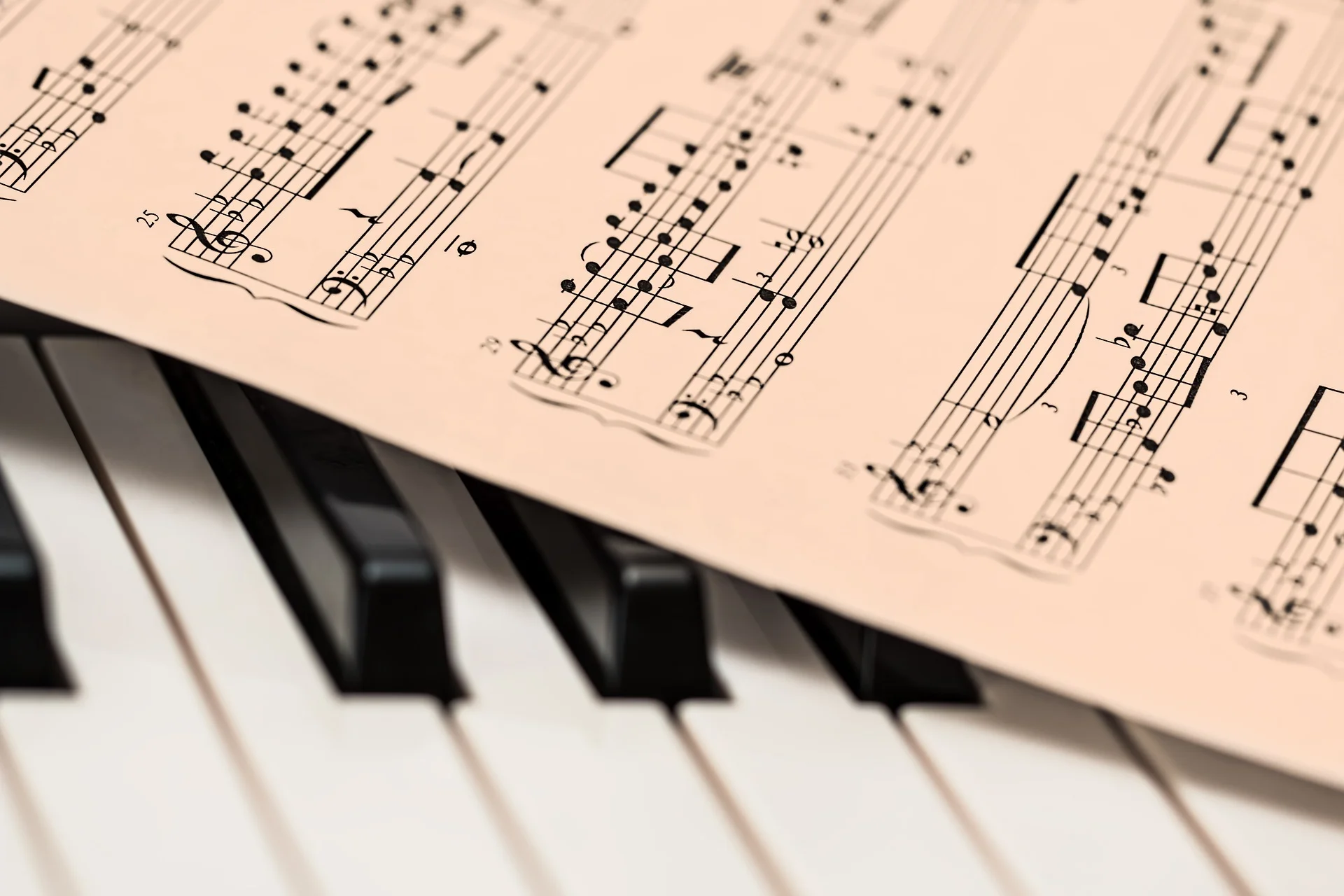By Kate MacKenzie
You never know what doors will open for you as a musician. I’ve been lucky enough to have the opportunity to travel worldwide with my bassoon as early as middle school. It is amazing how music can cross all language and cultural divides; it allows us to share a fundamental human experience with all sorts of people. This has been such a special perk of being a musician that I did not expect as a child when I first began music lessons.











